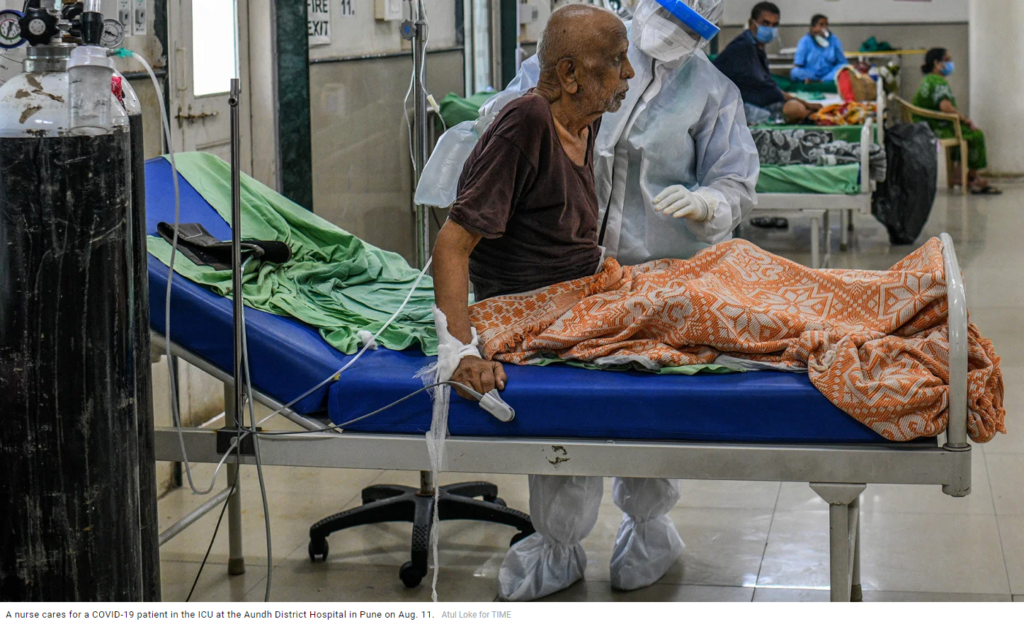
If you’ve ever let unworn clothes clutter your closet just because they were expensive, or followed through on plans you were dreading because you already bought tickets, you’re familiar with the sunk cost fallacy.

With a white handkerchief covering his mouth and nose, only Rajkumar Prajapati’s tired eyes were visible as he stood in line.
It was before sunrise on Aug. 5, but there were already hundreds of others waiting with him under fluorescent lights at the main railway station in Pune, an industrial city not far from Mumbai, where they had just disembarked from a train. Each person carried something: a cloth bundle, a backpack, a sack of grain. Every face was obscured by a mask, a towel or the edge of a sari. Like Prajapati, most in the line were workers returning to Pune from their families’ villages, where they had fled during the lockdown. Now, with mounting debts, they were back to look for work. When Prajapati got to the front of the line, officials took his details and stamped his hand with ink, signaling the need to self-isolate for seven days.

For as long as Seemay Chou can remember, she has gone to bed at midnight and woken around 4:30 a.m. Chou long assumed that meant she was a bad sleeper. Not that she felt bad. In fact, sleeping just four hours a night left her feeling full of energy and with free time to get more done at her job leading a research lab that studies bacteria. “It feels really good for me to sleep four hours,” she says. “When I’m in that rhythm, that’s when I feel my best.”